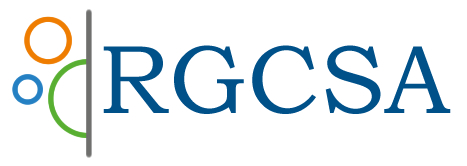Author: Curth L.H.
Abstract: There has been a great deal of recent interest in popular health care in early modern England, resulting in studies on a range of topics from practioners through remedial treatment. Over the past decade, the history of books has also attracted growing interest. This is partiularly true for the seventeenth century, a period marked by a dramatic rise in all types of printed works. The 1640s are especially significant in the evolution of printed vernacular medical publications which continued to flourish during the rest of the century. While recent studies on popular medical books have contributed greatly to our understanding of contemporary medical beliefs and pratices, they have failed to properly recognise the effect that almanacs had on early modern medicine. Although their primary function was not to disseminate medical information, most provided a great deal of medical informaton. Furthermore, these cheap, annual publications targeted and were read by a wide cross-section of the public, making them the first true form of British mass media. This article is based on the content of 1,392 almanacs printed between 1640 and 1700, which may make it the largest comparative study of the medical content of any early modern pritned works. The project has resulted in two major findings. First of all, almanacs played a major part in the dissemination, continuing popularity, and longevity of tradtioinal astrologial and Galenic beliefs and practices. Secondly, at the same time, almanacs played an important early role in the growth of medical materialism in Britain.
Keywords: health care, contemporary medical beliefs, practices, early medicine, traditional, astrology, Galen,
Notes:
Publication: Journal of the History of Medicine and Allied Sciences
Issue: Vol. 60(3)
Dated: July 2005
Pages: 255-82
The Medical Content of English Almanacs 1640-1700
Posted in Free Research Abstract
